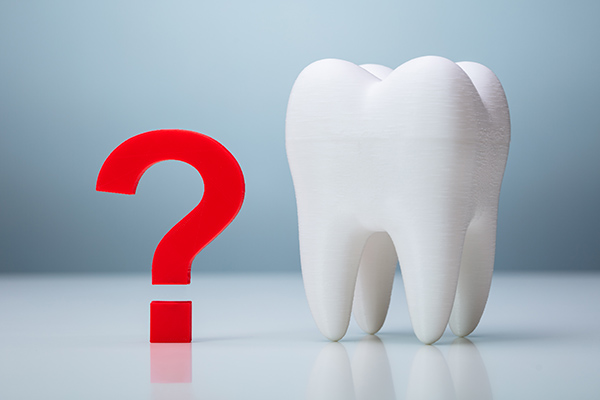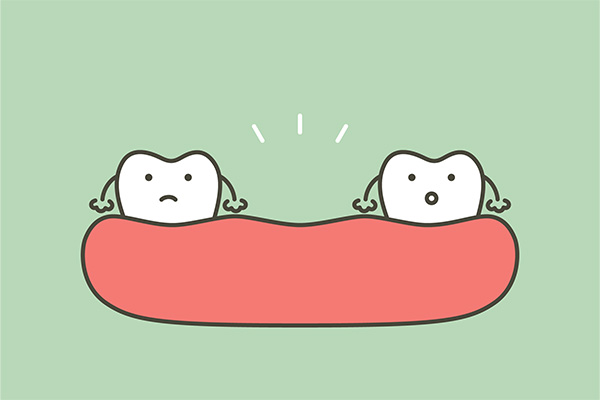Choosing an extraction over a can be easy for some people, especially if the pain is intense. For others, sacrificing a natural tooth would be devastating. Consulting a dentist about the final decision is important. Here are the details on whether the better option is dental restoration or extraction.
When dental restoration is the better option
The dentist can assess the patient’s mouth and ask about the symptoms. In many cases, a dental restoration can relieve the pain and discomfort. Dental fillings are for minor signs of decay. Dental bonding is for minor chips or hairline cracks.
Root canal treatment is a more complex form of dental restoration. Its aim is to preserve the dental structure. Ordering a dental X-ray will allow the dentist to see how bad the tooth’s infection is and how many teeth need treatment. Administering a local anesthetic will make the procedure painless. The dentist can offer dental sedation if the patient suffers from dental anxiety.
The dentist will place a rubber sheet on the target tooth and the neighboring teeth. Creating an access hole on top of the tooth will follow. The rubber sheet will protect the adjacent teeth. Removing the damaged pulp from its chamber will come next.
Cleaning, disinfecting, and drying the chamber will follow. The dentist will then fill the chamber with gutta-percha. Placing a custom-fit dental crown over the treated tooth will follow. This can restore and protect the tooth from future damage. The dentist will make sure that the crown’s color is the same as the color of the neighboring natural teeth. Taking antibiotics for one to two days can reduce infection and pain.
The patient must remember that there will be enamel damage during a root canal treatment. There is also a chance that infected material will remain in the pulp chamber. This can cause infection to develop again. The infection may also spread to the other natural teeth.
Performing proper aftercare begins by avoiding hot foods and drinks. These substances can irritate the soft tissues of the mouth and slow down the healing. The dentist will prescribe pain relievers for managing the pain. Drinking cold water is ideal for reducing pain and swelling.
When dental extraction is a better option
The main goal of dental care is to preserve natural teeth. But the dentist also wants to end the pain, restore dental health, and prevent the spread of infection. After a complete assessment, the dentist may recommend the removal of the bad tooth. Here are the conditions that need dental extraction instead of dental restoration:
- An advanced stage of tooth decay affects the health of the tooth.
- A broken tooth may come in the form of cracks, chips, and breakages. If the fracture stops above the gumline, a dental restoration can preserve the tooth. If the damage reaches the dental roots, the dentist will remove the tooth. This will relieve the pain and prevent infection.
- Dental crowding is a common result of wisdom teeth eruption. The dentist will need to extract the tooth to relieve pain and help with the dental straightening treatment.
- Advanced gum disease results from the huge collection of bacteria in the gums. This could pull the gum tissue away from the tooth, leaving it prone to loosening and more infection. The dentist will remove the tooth affected by the infection.
Your dentist will determine if you need a dental restoration or extraction
Pain and infection often motivate individuals to rush to the dentist and ask for an extraction. But dentists will check the affected tooth and see if it is still repairable. If it is, the dentist will perform a dental restoration. If not, the patient will get a dental extraction. Working with your dentist can result in the possible success of the procedure that you need.
or call Dentistry on Park, LLC at 781-443-8131 for an appointment in our Stoughton office.
Recent Posts
A broken tooth can be a stressful and uncomfortable experience, requiring prompt attention to prevent further damage or complications. Whether caused by an accident, biting into something hard, or untreated decay, addressing a broken tooth quickly is crucial to maintaining oral health. Understanding the steps to take after experiencing a broken tooth can help preserve…
Aftercare and long-term care are vital for maintaining the results if you have recently undergone a dental restoration procedure. Maintaining the results does not have to be difficult; however, you must remain dedicated to caring for your new smile. Following the simple tips below will extend the life of your new dental work.No matter the…
Getting the right dental restoration can improve your appearance and dental health. Your dentist will discuss the possible procedures that will fit your needs. Knowing more about these treatments can help you prepare for your next visit. Here are the common dental restoration procedures available.These restorations can be tooth-colored porcelain, gold, or composite material. This…


